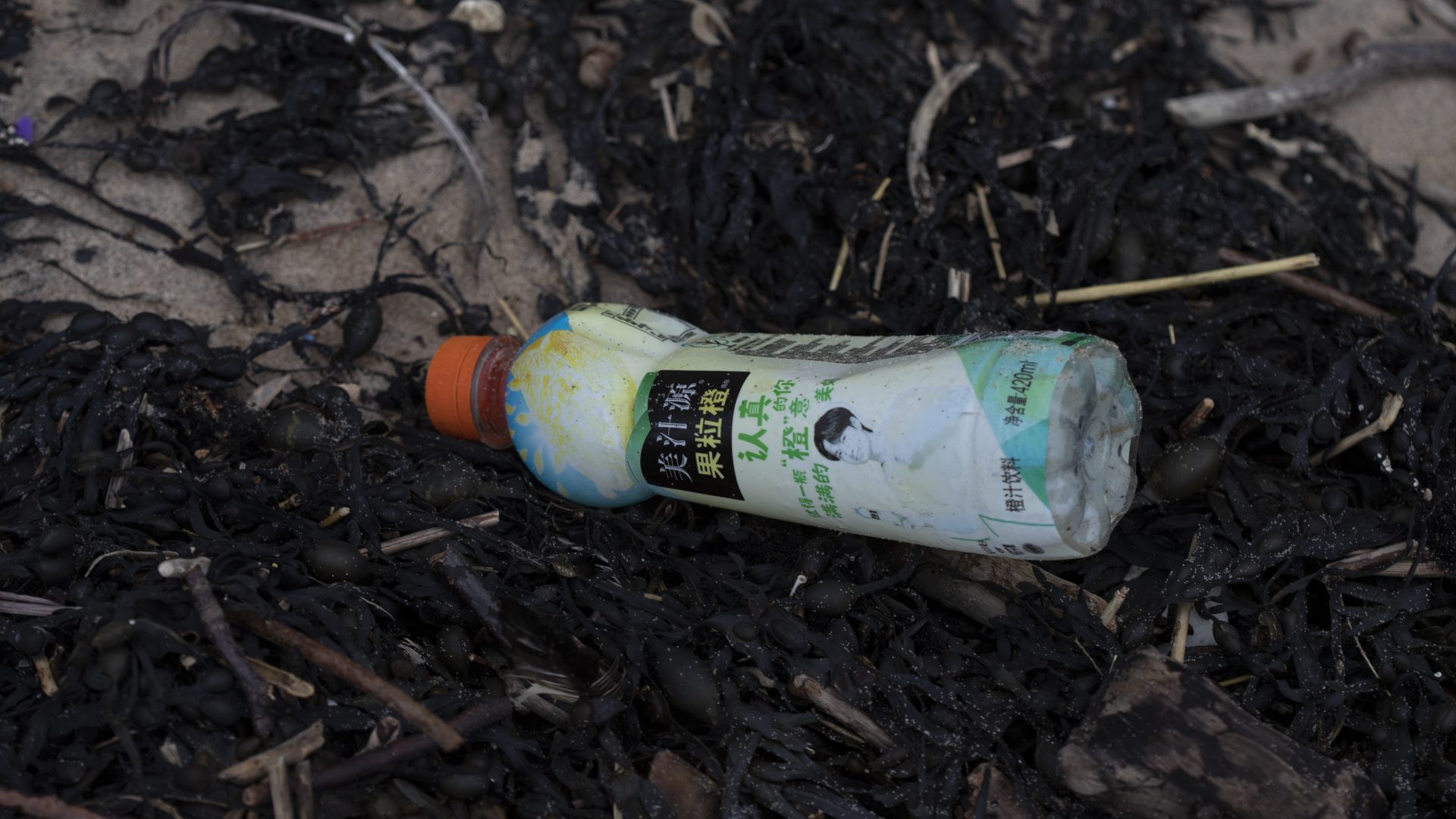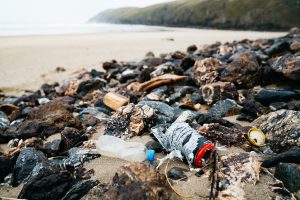
The Global Plastics Treaty
A global solution to a global problem.
This week, negotiators from over 145 countries will meet in Paris to discuss the details of a brand-new Global Plastics Treaty to end plastic pollution.
Like climate change, plastic pollution doesn’t care about national borders or lines drawn on a map. And just like surfers, ocean plastic pollution follows the winds and tides meaning plastic pollution can end up just about anywhere in the world. Here in the UK, volunteer ocean activists have been finding plastic polluting UK beaches from as far as away as Florida and Russia.

This is no surprise given that around the globe, 12 million tonnes of plastic are being poured into the ocean every year. This pollution then takes on a whole life of its own, travelling to the deepest parts of the ocean and the most remote island beaches where it chokes marine life, entangles birds, bleaches coral, and poisons fish. And the ocean is not the only place where it causes problems. The production of plastics is also a huge contributor to climate change, with a new report highlighting the greenhouse gas emissions from the life of single-use plastics in 2021 were more than the total GHG emissions of the United Kingdom. By 2050, emissions from plastics could rise to 2.8 billion tonnes. Plastic pollution is clearly then a global problem that requires a global solution.
The Global Plastics Treaty is one such potential solution. It will create a legally binding agreement about how countries will work together to reduce plastic pollution and create common rules for dealing with polluters. The treaty has the backing of over 145 countries, and this week’s negotiations will start getting into the details of what exactly will be included within the treaty.
Here at Surfers Against Sewage, we believe that to make this treaty truly effective at ending plastic pollution, tackling climate change and the biodiversity crisis it must be fundamentally focused on reducing plastic production. Without targeting the systemic overproduction and consumption of polluting plastics, there will be no end to the constant stream of plastic into the environment. We know that petrochemical companies are investing heavily in producing yet more pointless plastic and are on a mission to derail this treaty. We cannot and will not let this happen.
The treaty must also create a level playing field across the globe where producers’ responsibilities are clear and the punishments for inaction are enforced. It must also create circular systems where plastics are reused and kept out of the environment. We know circular economies can reduce the volume of plastics entering oceans by over 80% by 2030 and reduce greenhouse gas emissions by 25%. It’s a complete no-brainer.
We’re still a long way off a fully agreed and implemented treaty, so we’ll continue to engage to make sure that governments and polluters around the world deliver an ambitious, legally binding treaty that truly ends plastic pollution.
You can help to do this by getting involved in our campaigns to tackle plastic pollution. Run a beach clean, join a plastic free community, or become an SAS member.
